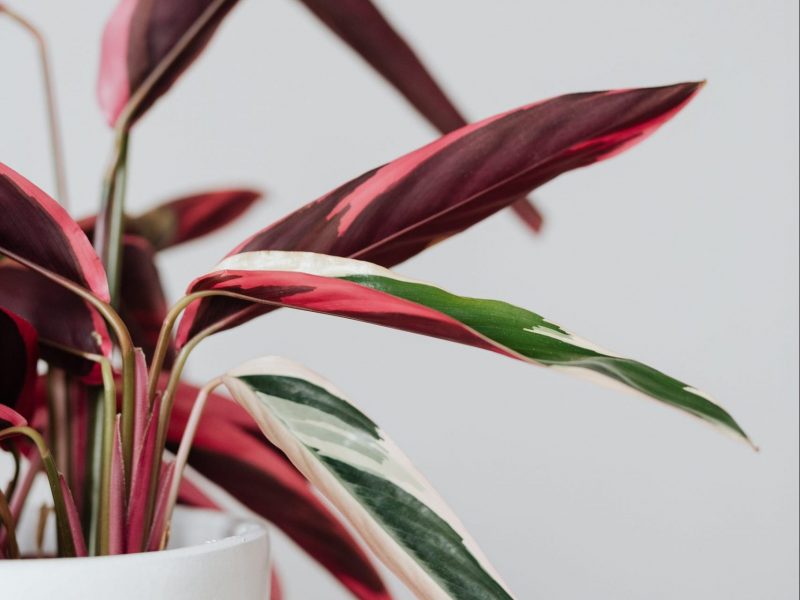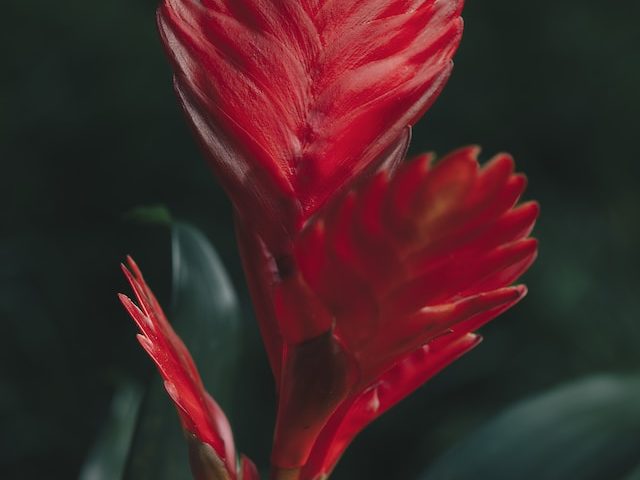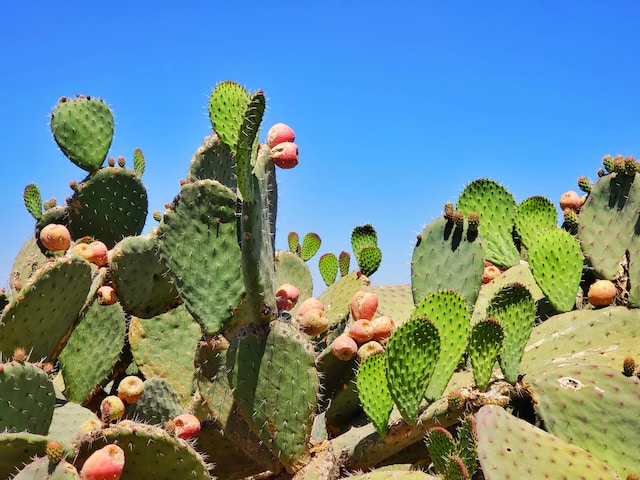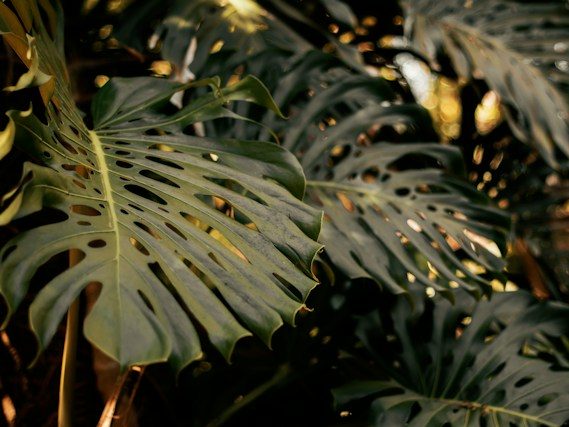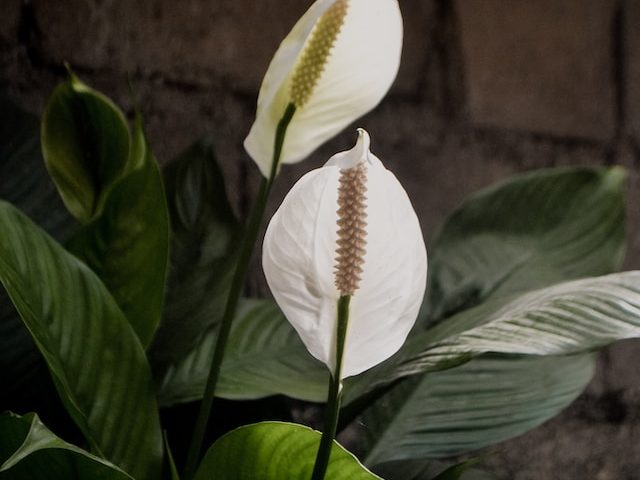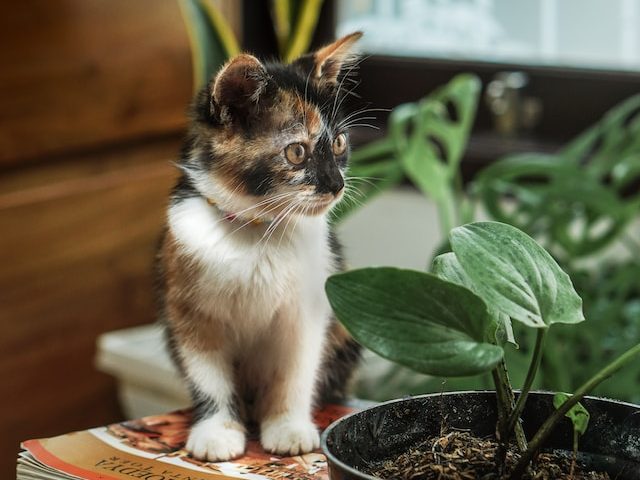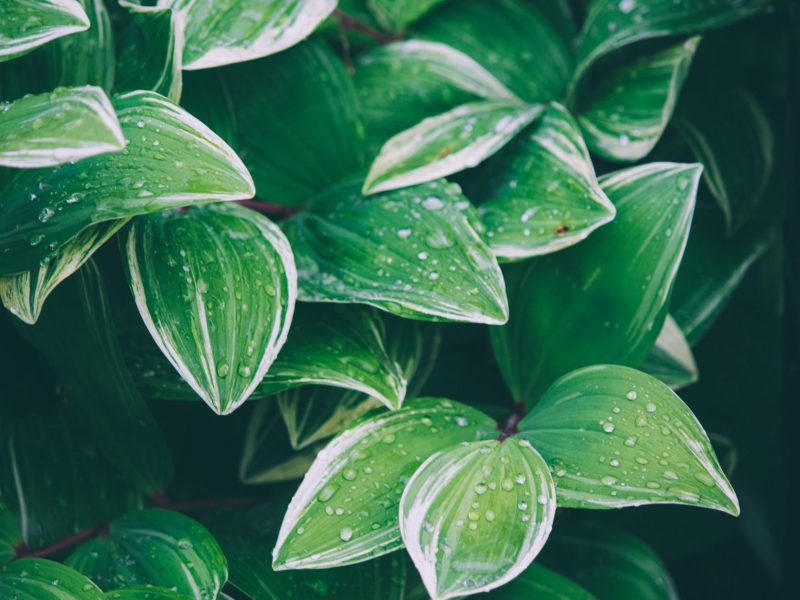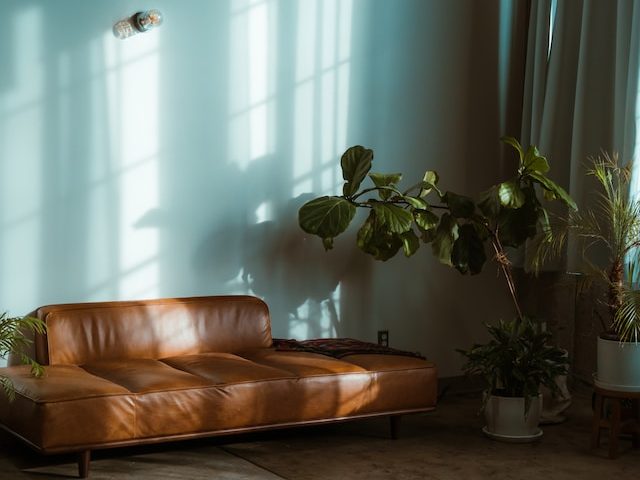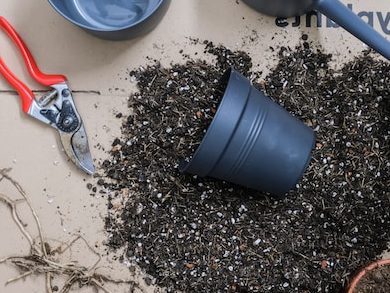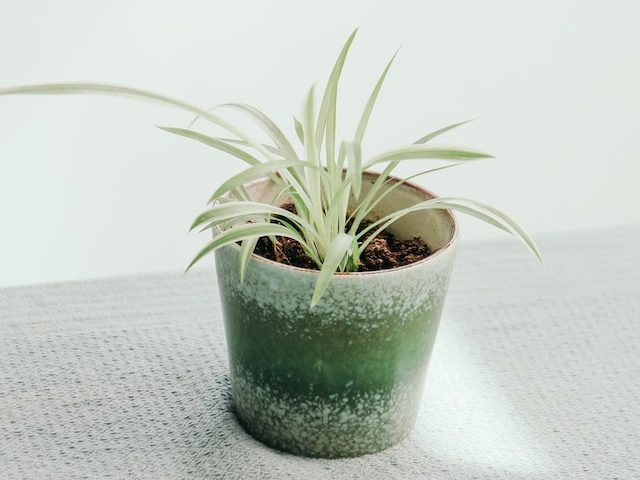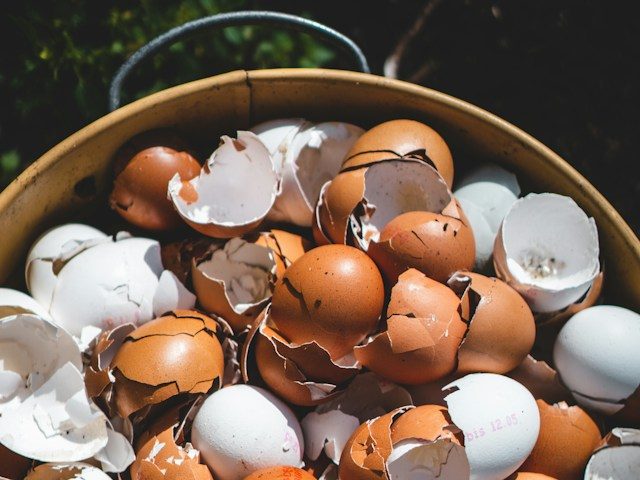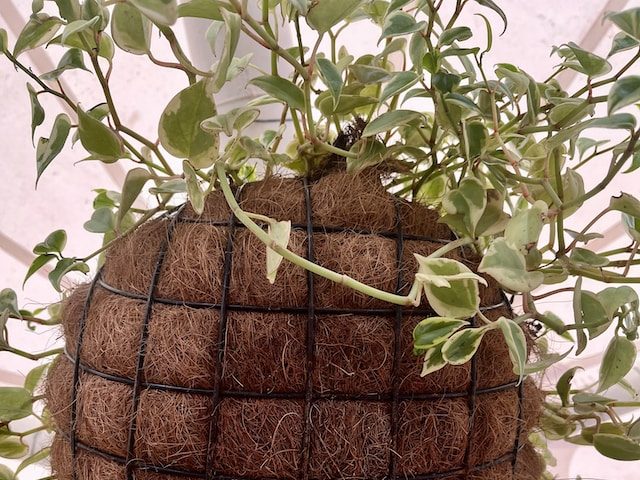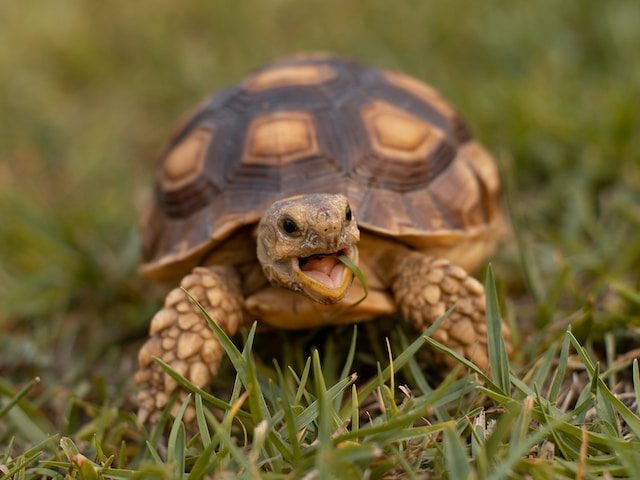
Finding the right tortoise-safe houseplants is super important to create a safe environment for your pet. Below we will go through our 12 favorite tortoise-safe houseplants so you can bring them into your home without needing to worry about any toxic effects.
The Best tortoise Friendly Houseplants
1. Aloe Vera
Aloe Vera’s unique, fleshy leaves and ease of care make it a sure winner for many households and it’s entirely safe for tortoises which is great news!
Native to the Arabian Peninsula, Aloe Vera is a succulent plant species from the genus Aloe. Known for centuries for its medicinal properties, it’s also chosen for its appealing and distinct aesthetic.
In ideal conditions, Aloe Vera grows well in bright indirect light, but it can tolerate lower light levels as well.
Importantly, these non-toxic plants require well-drained soil and need to be watered only when their soil becomes completely dry. They love warmer temperatures, so you need not worry if your house is a bit warm – Aloe Vera won’t mind at all.
And here’s the best bit: they are totally safe for tortoises so you don’t need to worry about them being near an Aloe Vera, or even nibbling at the leaves.
2. Spider Plant
Now, let’s talk about the Spider Plant, a houseplant that’s not only safe for your tortoises but also incredibly easy to care for.
Also known as Chlorophytum comosum, the spider plant enjoys moderate to bright light. However, it’s tolerant of a variety of conditions and will grow in areas that aren’t awash with sunlight.
It’s worthy of note that while this plant grows fast, it’s not particularly invasive. This makes it a perfect choice if you’re planning on planting a nice little forest in your terrarium or aquarium.
However, avoid planting it directly in the enclosure if your tortoise has a knack for digging; spider plants, in general, don’t appreciate root disturbance.
3. Pothos Varieties
One of our favorite tortoise-friendly houseplants is the Pothos. There are so many varieties out there with all kinds of variagation on their heart-shaped leaves, that you’ll definitely find one that suits your home.
Some of the safe types for your tortoises include the Golden Pothos, Marble Queen Pothos and the Jade Pothos. All these varieties are non-toxic to tortoises, guaranteeing the safety of your shelled friends.
- Golden Pothos: Known for its gorgeous, heart-shaped leaves imbued with yellow and green hues. It’s a cascading plant, which means it’ll hang attractively from your terrarium or aquarium.
- Marble Queen Pothos: This one provides a slightly cooler palette, with its leaves covered in soft, creamy hues. It’s the perfect choice if you’re looking for something stylish and tortoise safe.
- Jade Pothos: If you’re into vibrant greenery, the Jade Pothos might be a winner for you. Its solid emerald-green leaves will bring a touch of tropical rainforest to your tortoise’s home.
If you’re concerned about maintenance, don’t worry at all, Pothos plants are super low maintenancee. A bit of indirect sunlight and moderate watering will keep them happy and growing.
An important tip though – While Pothos is safe for tortoises, it’s safer to keep the plants out of your tortoise’s immediate reach as persistent munching might not be so great for the plant’s health.
4. Moth Orchid
Are you one to fancy an indoor burst of colour? Then the Moth Orchid, or Phalaenopsis, should be the next port of call for your plant-loving heart. Recognised for its vibrant blooms and easy-going nature, this orchid variety is a hit with both seasoned gardeners and beginners alike. What’s more, it’s exceptionally tortoise-friendly, meaning your little reptile friend can safely co-exist with these stunning flowers.
Don’t get boxed in by the misconception that orchids are tricky to grow indoors. The Moth Orchid is indeed low-maintenance, and it thrives in the same humidity and temperature values as your tortoise would. However, the key to keeping yours healthy lies in understanding its needs. So, here’s what you need to know:
- You’d do it a world of good by providing indirect but bright light, mimicking its native tropical rainforest habitat. Too much direct sunlight could harm its leaves, leading to painful sunburns. So, draw your shutters a tad during the peak sun hours, will you?
- Watering is a crucial task and needs balancing. Over-watering could cause root rot, and under-watering can leave it parched. Typically, water once a week and ensure the pot has good drainage. After all, it’s not a fan of “wet feet”.
- Temperature-wise, it votes for a range of 70-75°F during the day and 60-65°F at night. A drastic shift in temperature could potentially stress the plant.
- A monthly dose of orchid-specific fertiliser would suffice for keeping it nourished. However, you’d be better off to lightly fertilise—recall the saying, ‘less is more’?
Remember, the Moth Orchid might give a carefree vibe, yet, it still needs you to be attentive about its needs. As a parting note, be sure to keep an eye for any sudden brown spots or wilting, an indication that your plant might be under stress.
5. Boston Fern
Our list wouldn’t be complete without the inclusion of the regal Boston Fern (Nephrolepis exaltata). Loved for its lush, feathery fronds, this houseplant guarantees a touch of sophisticated greenery wherever it is placed.
Boston Ferns thrive best in a cool environment with high humidity and indirect light. You can provide this moisture-loving plant a treat by misting its leaves regularly, especially during the drier months.
Boston Ferns are absolutely safe for tortoises. They are non-toxic and pose no threat if your tortoise happens to nibble a bit here and there.
Interestingly, Boston Ferns are an excellent source of vitamin A for tortoises. A regular intake of this vitamin promotes eye health and boosts the immune system of your scaly friend.
6. Bromeliads
Available in a vibrant palette of colours, they’re sure to brighten both your indoor space as well as your tortoise’s environment.
Bromeliads boast fun and dramatic floral spikes in red, orange, yellow, or even purple hues and their speckled leaves add texture to your home as well!
But don’t be fooled by their exotic look! Bromeliads are surprisingly hardy and require little care. They thrive in bright, indirect light, but can adapt to lower light conditions too. Only light watering is necessary and skipping a watering session won’t be a disaster.
7. Fittonia
Popularly known as the “nerve plant” or “mosaic plant”, Fittonia plants are safe and simple to maintain. Here are the main reasons we included it on this list:
- Non-toxicity: Fittonia poses no known threat to tortoises. This ensures that your green-shelled friends can explore the environment as they desire without us worrying about their safety.
- Easy Care: Fittonia plants thrive in a variety of light conditions (except direct sunlight) and prefer a high humidity environment – which can mirror a tortoise’s habitat.
- Aesthetic Appeal: With its striking veins and lush foliage, a well-placed Fittonia can enhance the look of your home.
8. Money Tree
One plant that you’ll likely find both visually appealing and easy to care for is the Money Tree, also known as Pachira Aquatica. Sporting a trunk plaited into an exotic braid and its lush, green foliage, the Money Tree is pretty unique!
And they are safe for tortoises so they can nibble on the leaves a bit without risking health issues.
- Lighting: The Money Tree prefers bright indirect light but can tolerate some shade.
- Watering: Water only when the top inch of the soil starts to dry out.
- Size: Generally, a Money Tree can grow between 3 to 6 feet indoors, but you can control its height through occasional pruning.
9. Areca Palm
Areca Palms are non-toxic to tortoises and most pets in general. They’re noted for their attractive, singular stems that fan out into beautiful, soft leaflets, creating a refuge for your tortoise to snuggle under.
Additionally, they thrive in bright, indirect light and require moderate watering, making them easy to care for even if you’re not blessed with a green thumb.
Important: Remember to keep the soil of your Areca Palm moist but well-drained. It doesn’t appreciate waterlogged conditions. Use a pot with drainage holes or a layer of pebbles at the base to prevent water from standing in the pot.
10. Chinese Money Plant
Also known as the Pilea Peperomioides, the Chinese Money Plant serves as a beautiful and safe choice for any tortoise enriched environment.
The Chinese Money Plant gets its name from its flat, nearly pancake-like leaves that look like little green coins. It’s particularly rewarding to grow as it’s both easy to care for and readily propagates. So even if your tortoise takes a liking to it, there will always be a steady supply of new growth.
- Water: Water when the top inch of soil feels dry, usually once a week.
- Light: Prefers bright, indirect light but can also thrive under fluorescent lights.
- Soil: An airy potting mix with drainage works best.
- Growth Habit: Upright, reaching 12 inches height and width.
Calathea Varieties
In the world of tortoise-safe houseplants, one group that truly stands out is the Calathea varieties. These plants have earned their spot not just for their stunning foliage that can jazz up any space, but also for their non-toxicity.
11. Calathea Orbifolia
With lush, round leaves with distinctive silver bands, the Calathea Orbifolia is one of our favourite houseplants ever, so we’re buzzing that it’s also safe for tortoises. Not to mention its broad leaves provide a great canopy for your tortoise to take shelter from light and heat.
12. Calathea roseopicta
The Calathea Roseopicta is a visual treat with its purple and pink-toned leaves. Although we could fill out the rest of this list with tens of different tortoise-safe Calatheas, this one is definitely one of the most visually striking.
However, there’s a slight caveat you should know. While Calathea plants are generally easy to care for, they do have some special requirements. They’re quite fond of high humidity levels and would appreciate a spot with mild, indirect lighting.
Frequently Asked Questions
Are all houseplants safe for tortoises?
Not all houseplants are safe for tortoises. Many may contain toxins that could be harmful if ingested. Always research the plants you are considering for your home to ensure they pose no danger to your tortoise.
Above you’ll find a list of our favourite 12 houseplants that are completely safe for tortoises to be around and if they do nibble at them a bit, you don’t need to worry.
How can I prevent my tortoise from eating my houseplants?
tortoises might nibble on your houseplants, especially if they are on ground level. Safeguard your plants by elevating them or using a protective barrier. However, in case of accidental ingestion, try to fill your home exclusively with tortoise-safe plants that we have listed above.
What plants are toxic to tortoises?
Plants such as philodendrons, ivy, and peace lilies can be toxic to tortoises. It’s critical to avoid these and other toxic plants if you intend to keep your houseplants in a tortoise’s habitat.
Always research a plant type before bringing it home and around your tortoise.
Can tortoises live in an environment with houseplants?
Absolutely! tortoises can cohabitate with houseplants, in fact, it mimics their natural environment. Just ensure that the plants you choose are safe for tortoises in case they can reach a leaf and decide to take a nibble..
Do tortoises benefit from having plants in their habitat?
Yes, tortoises can indeed derive benefits from plants in their environment. Plants help to keep the air clean and improve the overall bioactive set-up of their enclosure. Plus, it can also provide a sense of security and hiding spots for your tortoise.



